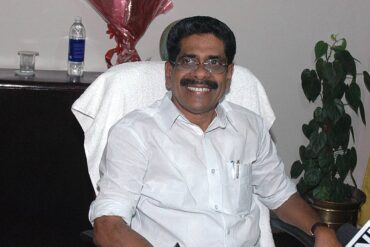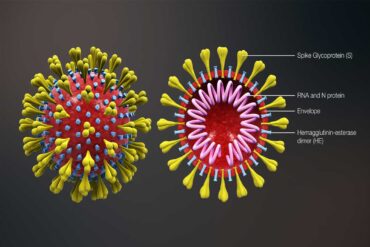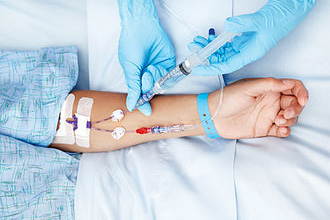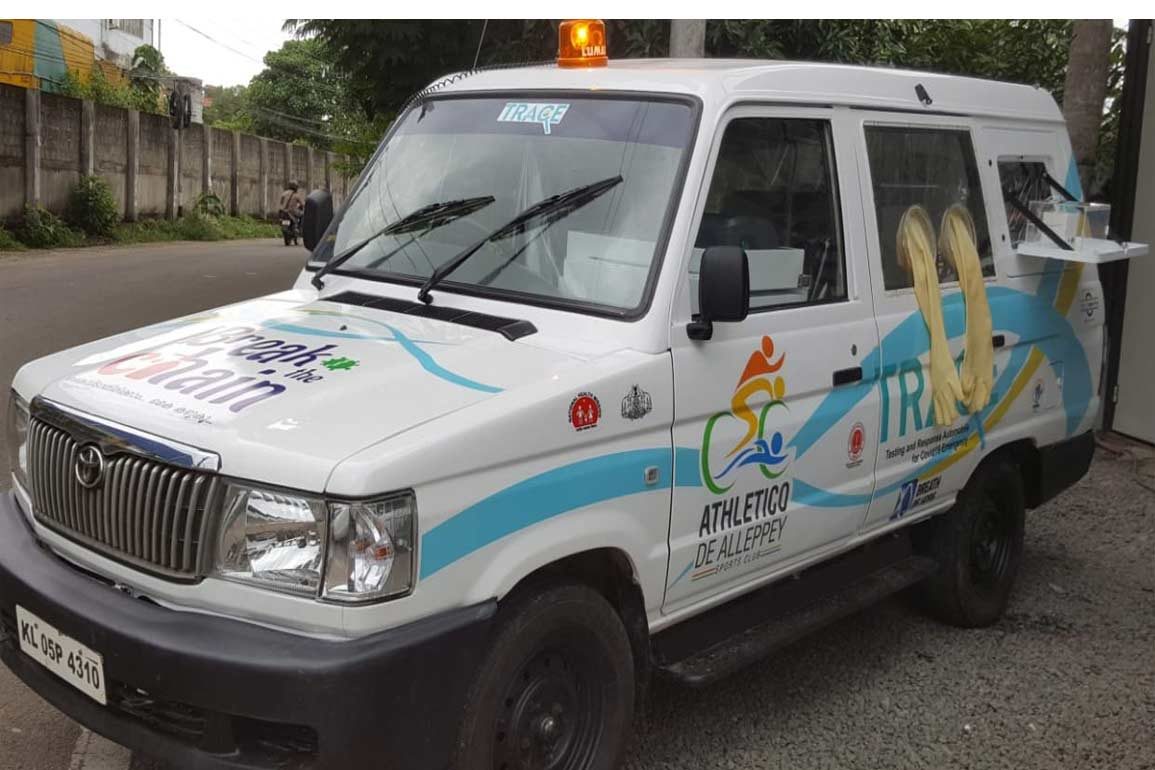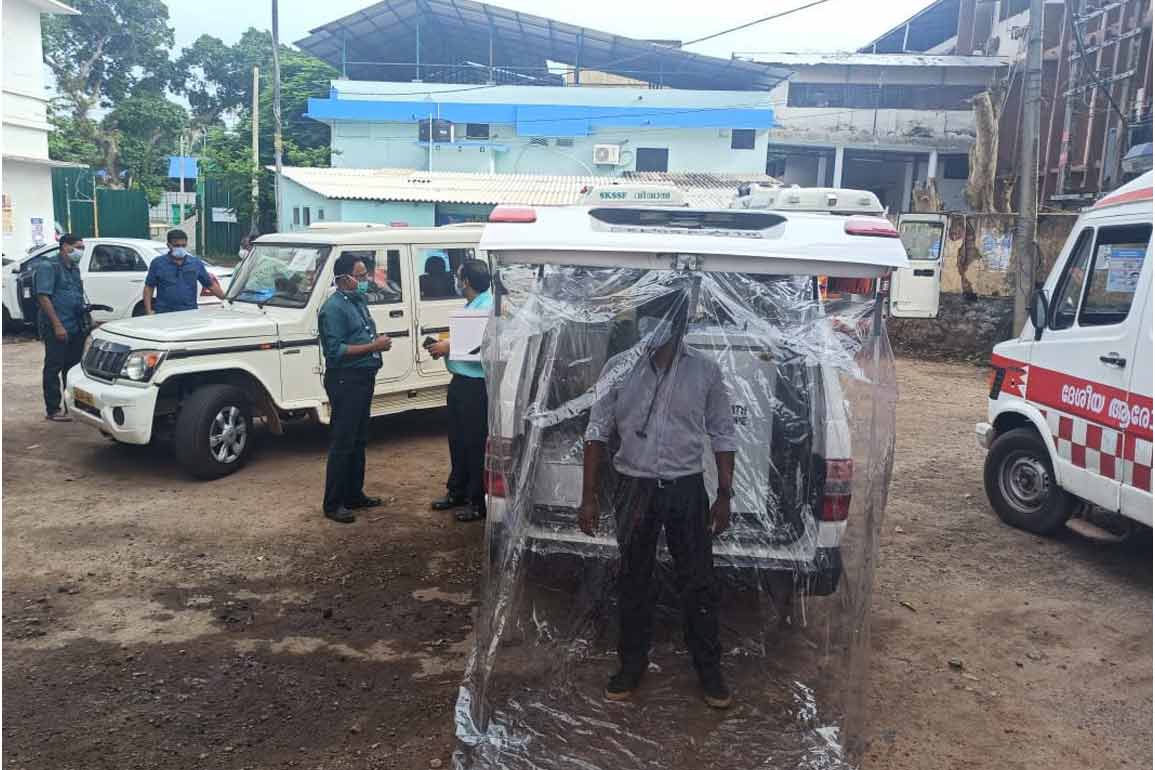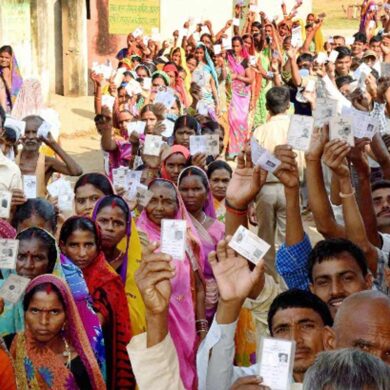With a spike in Covid-19 cases in the recent days in Kerala, testing is the need of the hour. The ease in lockdown restrictions and the high number of Covid cases among the returnees from both abroad and other states it is crucial that testing is ramped up. In this scenario, a mobile testing unit TRACE has been brought out by a community of engineers, designers and doctors in Alapuzha.
As sample collection for Covid-19 testing is a risky job. Keeping these in mind, a group of like-minded came-up with the idea of developing a mobile sample collection unit ensuring social distance norms and protecting our medical personnel & citizens from contracting the disease. Thus came, TRACE (Test and Response Automobile for Covid-19 Emergency), a mobile sample collection unit for safe sample collection and transportation.
“Back in March, when Kerala witnessed the first few cases of Covid-19, Rejin Narayanan, Founder, IngenRobotics came up with the idea of extending their support in combating Covid. A group of us (doctors, engineers and social entrepreneurs) started discussing various ways we could help better our healthcare system. That was the time, the country was discussing the lack of ventilators. We came together with different ideas and ‘Breath Of Hope’, a Kerala based community of volunteers consisting of doctors and engineers with different specialties that build solutions to fight Covid-19 was formed,” shares Dr Praveen G Pai, a Public Health Specialist, with a special interest in public health technology and the brain behind TRACE.
Talking about the need for a mobile testing unit, Dr Praveen says, “There was a requirement from Alappuzha, of a vehicle that can go to remote places to take samples as Kerala has reported more number of cases. Also, we realised that our frontline health workers are at a high risk of getting exposed during sample collection. It not only reduces the manpower but can also act as an amplifying host for the virus, which can spread the infection to many other people. So, we thought of developing a unit that follows all the necessary safety norms. The vehicle integrates 20 features that enable safe and efficient sample collection and consultation. We also incorporated telemedicine and a public address facility inside this vehicle.”
He also emphasised that shifting of the patients to the testing centers also requires great manpower and has a risk of spreading infection through contamination. He adds, “So, collecting samples with utmost care and safety was the only possible solution. Our aim was to make a mobile sample collection unit with all the required infection control measures.”
The mobile testing unit comes with integrated features like extended range gloves, digital stethoscope and pulse oximeter to check for respiratory problems, innovative sample collection box, disinfection chamber for stethoscope and pulse oximeter, foldable table trays attached to the vehicle, freezer to carry samples & testing kits and isolated biomedical waste storage. The throat swab is taken by a no-contact method, properly labeled, and stored in an aluminium box that contains cavities for the sample vials. The system fully protects health workers from infections. “Automated sanitizer dispensers are installed outside the vehicle for the users. To prevent contamination with outside air, inside of the vehicle is always maintained at a positive pressure gradient. Also, we have an expandable tent attached to the rear of the vehicle, so that one person can come out and interact with the people while keeping a safe distance.
The idea for TRACE was proposed by Dr Sarath Chandrabose, Covid Control Cell, Alappuzha who offered his support. “We were already in talks with Dr Sarath for our various other initiatives like ventilators, masks and shields. We shared our idea of the mobile sample collection unit and he was very forthcoming with the idea,” shares Dr Praveen.
The well-connected group was supported by various individuals, groups and corporates to extend their help for developing the unit. The vehicle and financial help for the modifications of the vehicle was sponsored by Athletico De Alleppey, a sports event-based company in Alappuzha. Sarath Ravi of Technorip built the disinfection system and automated sanitiser, Barker Bhaskaran, former senior manager with Apple built the air purification system and Ratheesh Ravi from the Kerala Science and Technology Museum made a special storage system.
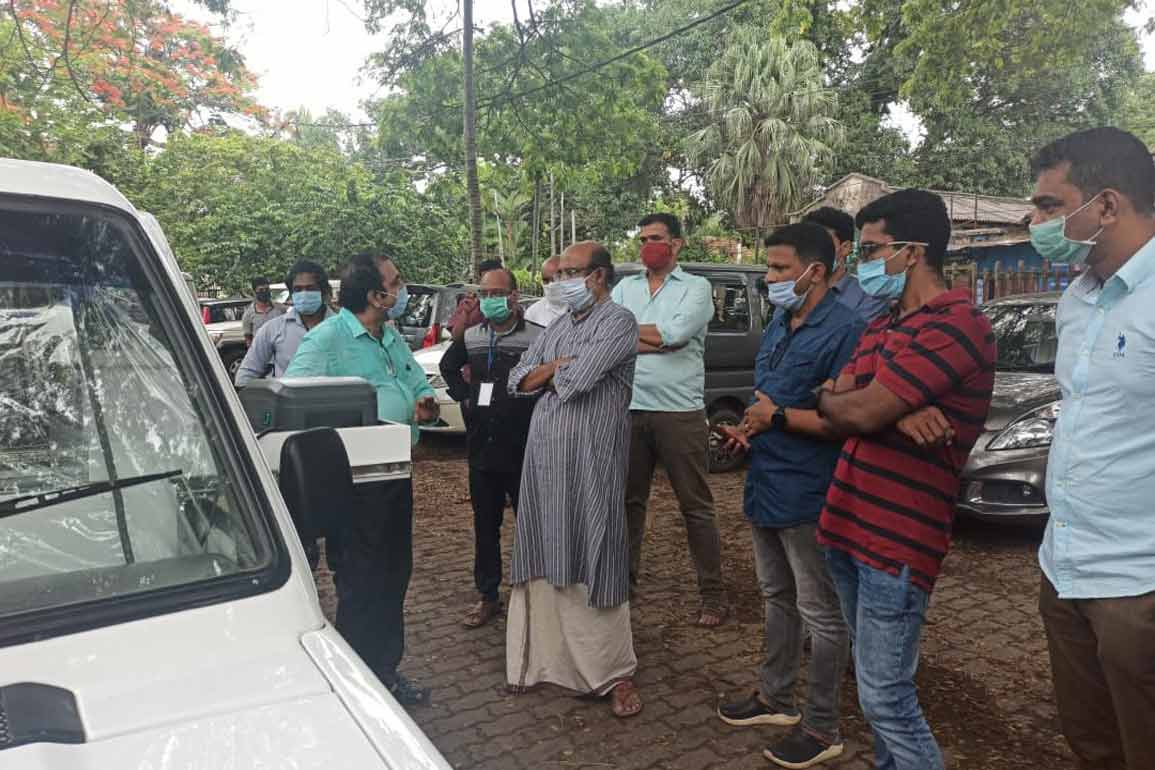
Shyam, a volunteer with the group, who also came up with the acronym TRACE states, “We believe in community building and a situation like Covid needs the community to come together and extend its support. We have undertaken other projects include a respirator apparatus and face shields to protect medical professionals, and more.”
The Breath Of Hope community shares the designs and source code publicly under open source license and is freely available for everyone. Currently, the team has modified a small vehicle. They are hoping for some CSR funding to arrange for a bigger vehicle which can be incorporated with many more features in the near future.
The vehicle has been handed over to the Alappuzha collectorate.

